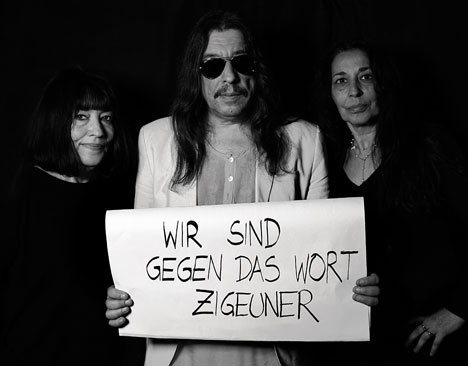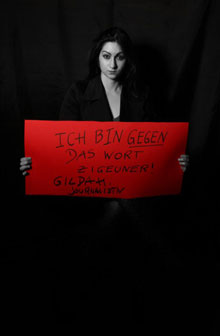Historical background
Slovakia, formerly a part of Czechoslovakia, became an independent state in 1993. At that time, the transition to a market economy which started after the “Velvet Revolution” of 1989 was already under way. One of the first effects of the process was mass unemployment, which started at a meager 1.6% in 1990, but grew to almost 12% by 1991 and reached a historic high of 19.2% in 2001.
Continue reading Slovakia’s unemployed riots of 2004

